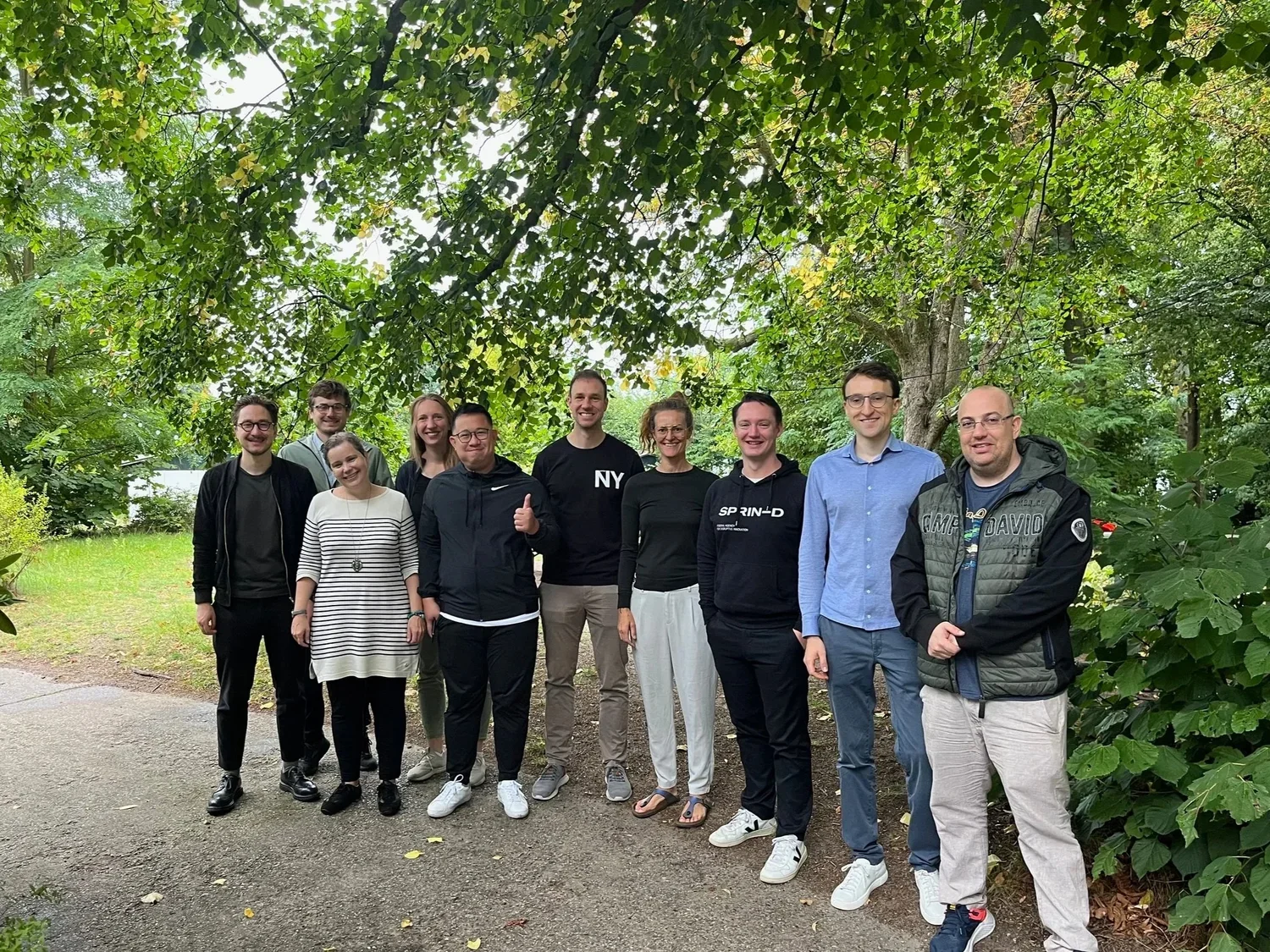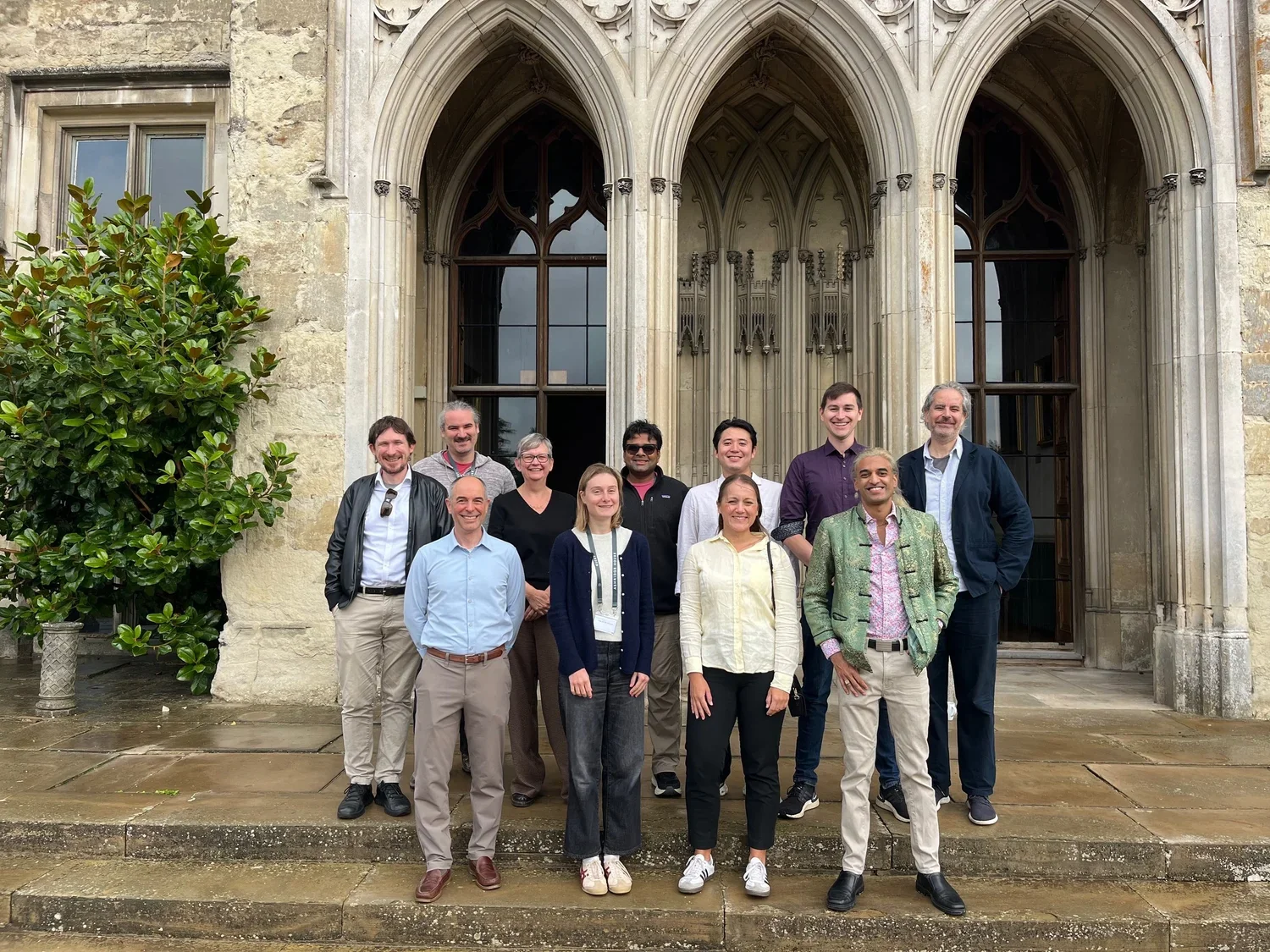About
The internet, mRNA vaccines, self-driving cars, GPS... These technologies didn't emerge from incremental progress in industry or academia. They were the result of pre-commercial coordinated research programs (CRPs).
Essential to the CRP model is finding deeply technical leaders ("program managers/directors") with ambitious visions spanning multiple stakeholders and partners and providing them the autonomy and resources to execute on those visions. We believe that there are many leaders who can advance promising technologies if given the chance.
We also see many opportunities to promote the CRP model in government agencies and philanthropic organizations. In our view, the key missing ingredient is a program that equips such leaders with the requisite knowledge and skills, and then seeks to match them with an aligned institution or secure funding to execute their vision.
That's why we designed the Big if True Science Accelerator (BiTS): to enable ambitious scientists, engineers, and entrepreneurs to scope bold concepts and transform them into actionable programs.
BiTS is a 15-week, mostly virtual, part-time program designed and overseen by former DARPA program managers (PMs) Joshua Elliott and JP Chretien. It teaches participants how to turn an ambitious idea into a concrete and fundable program—via field exploration and idea refinement, program design and development, practical program execution, and tech translation.
(Early Bird Deadline Dec 22, 2025)
(Deadline Feb 22, 2026)
Our Cohorts
Our UK cohort powered by ARIA and our EU cohort powered by SPRIND are now underway. Our third cohort is currently open for applications. To be notified of future open calls and other opportunities, please fill in this form. For more information, please consult our Frequently Asked Questions.
The Program
The program includes 15 weeks of intensive iteration on a prospective program with 1:1 guidance from experienced mentors, a tailored curriculum, and seasoned speakers. The cohort will conclude with a Demo Day, where fellows will be able to get feedback from a variety of funders in attendance, including ARPAs, philanthropies, and impact investors. Success is defined by the translation of an ambitious idea into a concrete and fundable program.
Building Blocks of BiTS
-
As a scientist or entrepreneur, you talk mostly with peers in your narrow field. Great programs need to find the best teams across disciplines, some of which you won't be expert at. To be a great program manager, you need to learn to be great at gathering information from many different sources.
-
Learn how to take a step back from your immediate work and think about what is really going to transform a field and broader economy and society. Take a high-level idea, test it, and iterate to a concrete plan to execute in 3-5 years.
-
Learn what to prepare for in terms of program execution, learning about project management, budgeting, risk mitigation, and how to engineer successful programs.
-
Plan backwards from real-world outcomes to maximize the chance of program success. Work with potential funders and partners from the beginning to ensure efforts can be scaled and implemented.
-
Learn from proven leaders of CRPs, like ARIA Programme Directors and ARPA Program Managers, along with a diverse and experienced network of creators, performers, peers, mentors, and transition partners.
-
Showcase theses, strategies, and operational plans to government agencies, philanthropic foundations, and other potential host organizations, with the goal of bringing a program to life.
The minimum weekly commitment is 10 hours (with most fellows choosing to spend additional hours), spread between:
Exploratory Calls: Talk to people doing relevant work on the ground in labs, companies, government agencies, and the like. Expect to schedule a few such calls per week, especially in the early phases of the program.
Synthesis: Your main outputs will be a condensed 3-page proposal and a 10-15 minute presentation. Expect to spend a lot of time on refining your program thesis, writing and slide design.
Mentoring: Work through problems, get advice, and plan for upcoming weeks during 1:1 meetings with carefully selected mentors. These meetings are scheduled at your and your mentor’s convenience.
Small Group Sessions: Participate in workshop-style activities, case studies, lecture discussions, and informal co-working with peers to address challenges. These will be hour-long meetings with groups of up to four fellows at a fixed weekly meeting time chosen to work with everyone’s schedule.
Reading: Engage with concepts, history, and tactics behind different skills required to successfully start and run CRPs. See curriculum here.
“Storytime” (optional, but strongly encouraged): Learn from people who have done it—experts who have designed and run successful (and unsuccessful) CRPs. These will be 1-hour virtual sessions that include lectures on specific topics, open-format Q&As, or panels.
You will also be required to attend both an in-person kickoff event and an in-person demo day at the end of the program.
Program Team
-
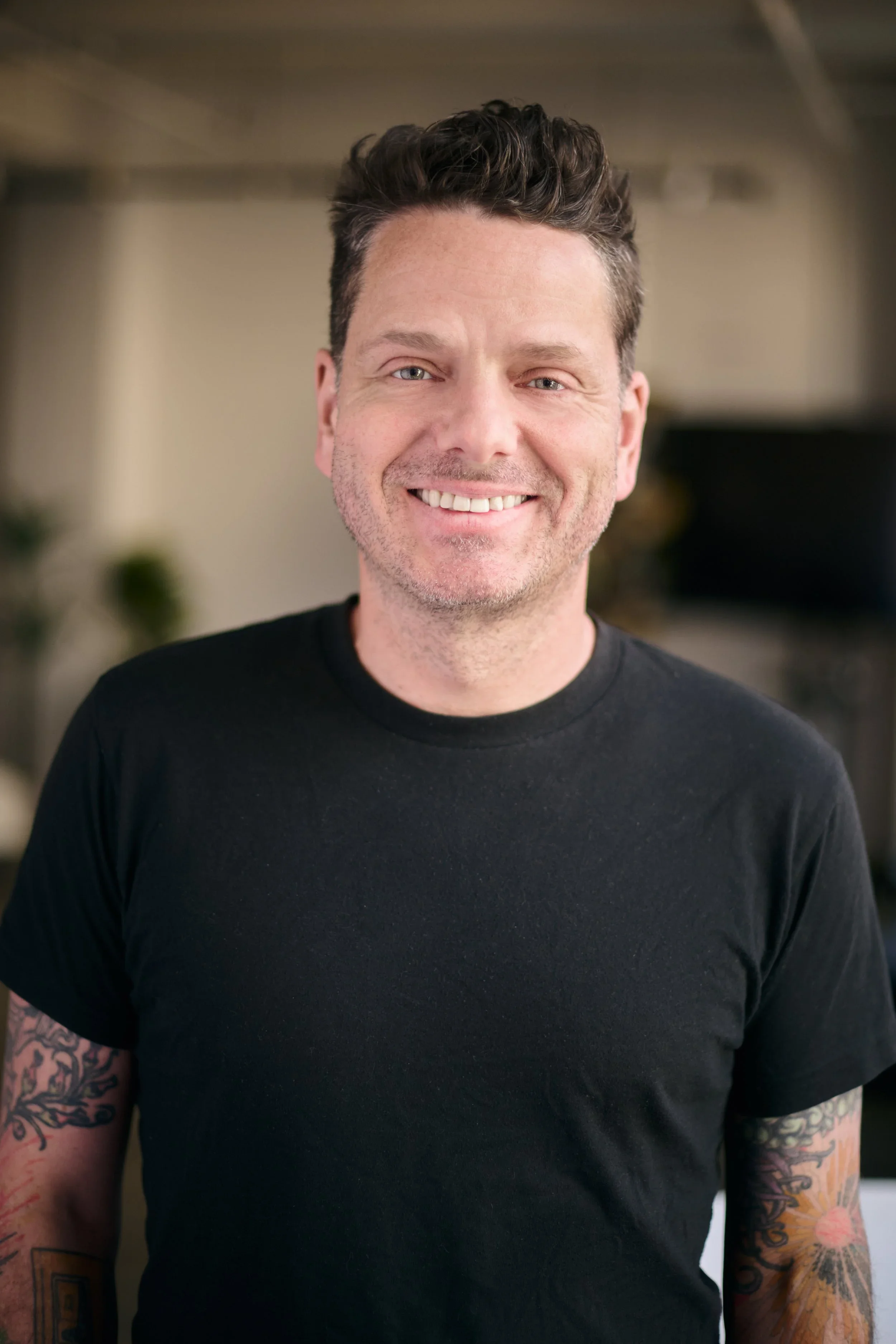
Joshua Elliot
Chief Scientist
-
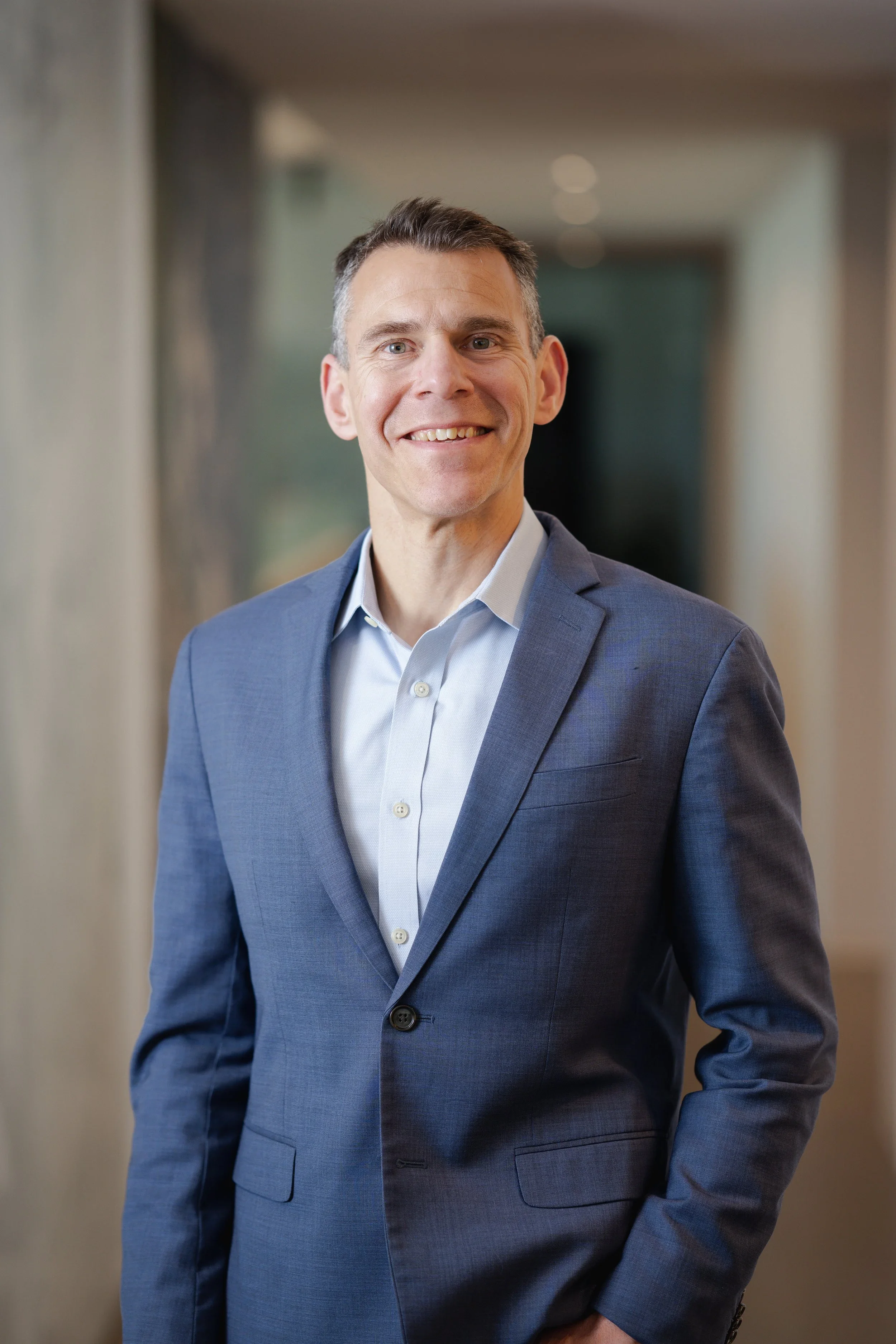
Jean-Paul Chretien
Program Director
-
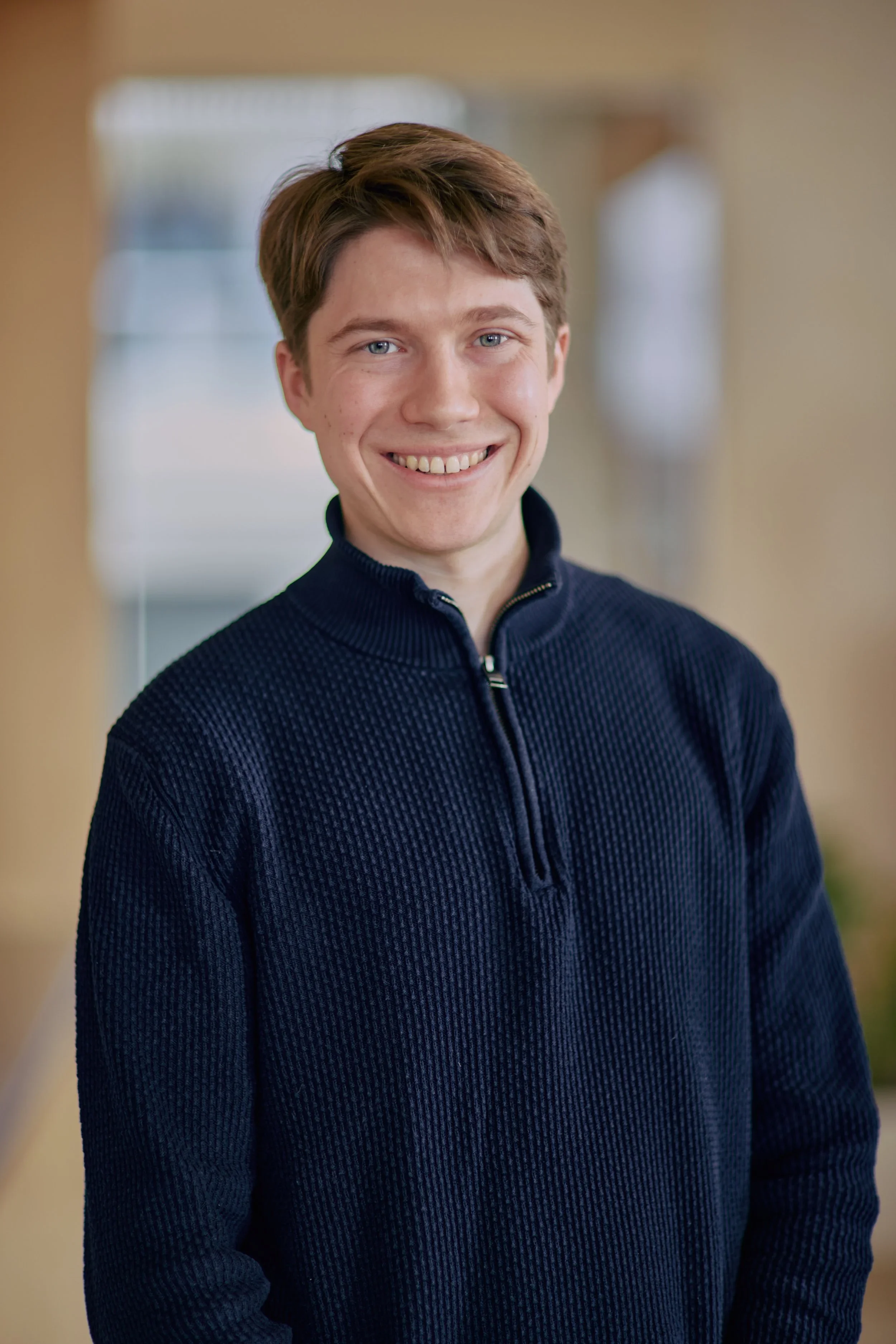
Aleš Flídr
Manager
Program Advisors
-

Tom Kalil
CEO, Renaissance Philanthropy
-
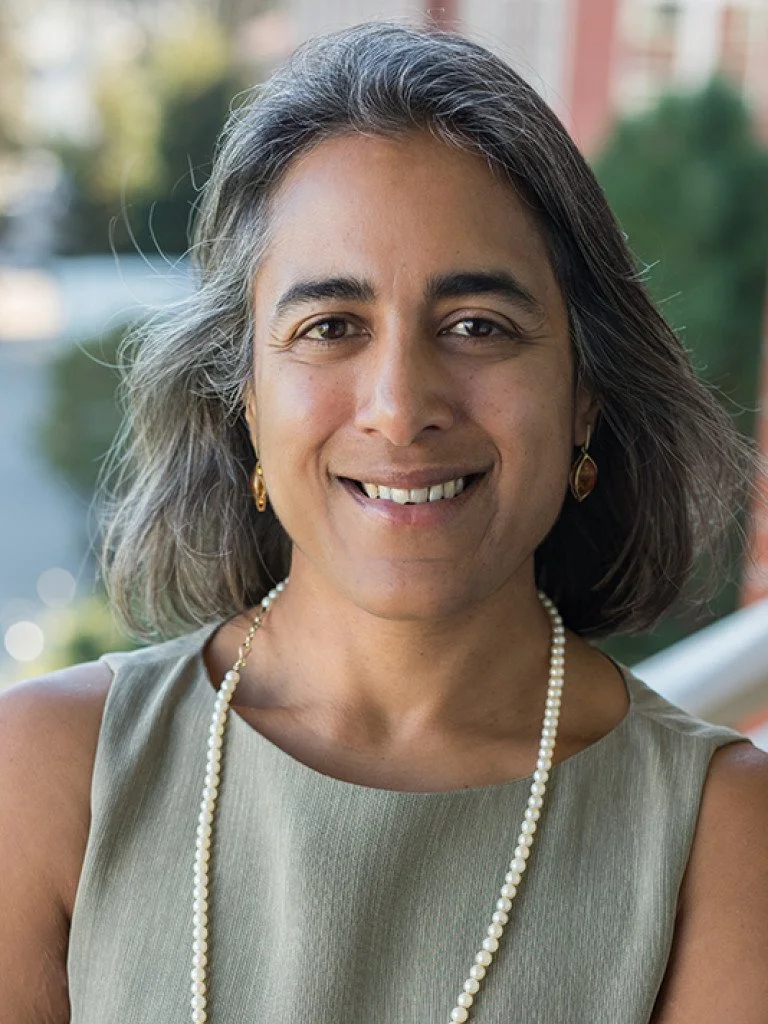
Hemai Parthasarathy
Former Head of Rapid Evaluation, Google X (general tech, science, neuroscience)
-
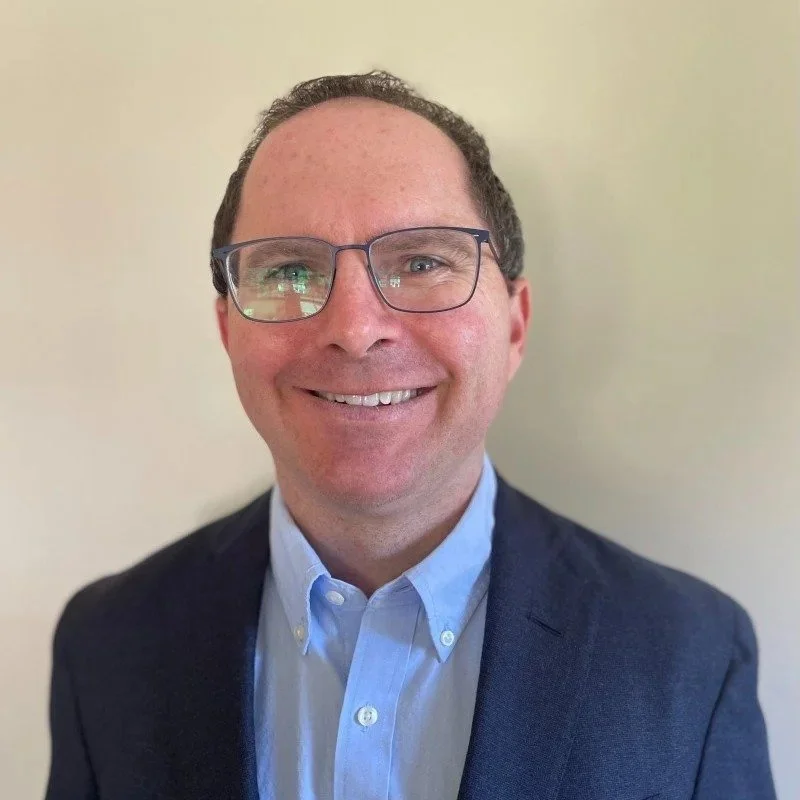
Pat McGrath
Program Director, Schmidt Family Foundation (former ARPA-E)
-
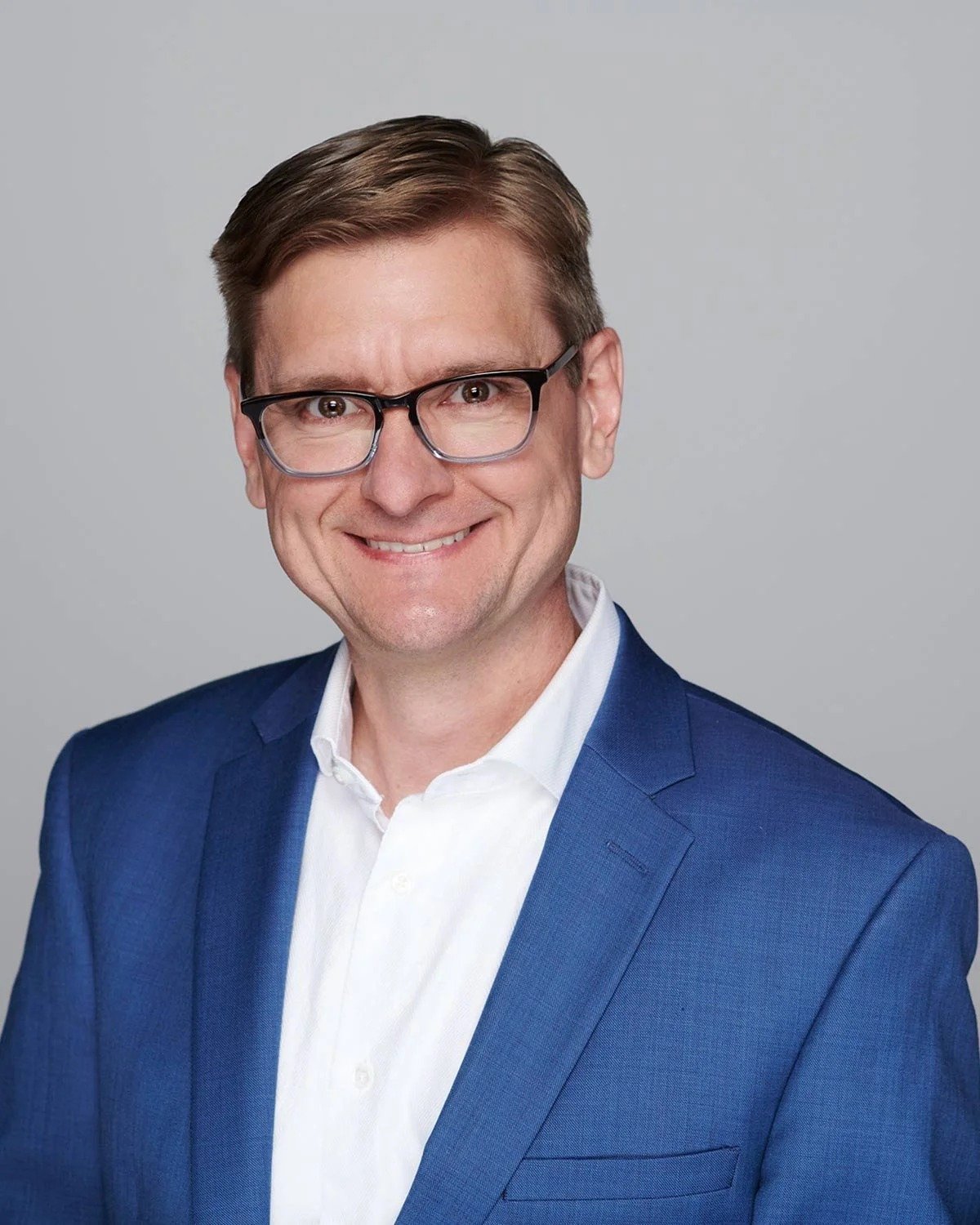
Brad Ringeisen
ED, innovative genomics at Berkeley
-
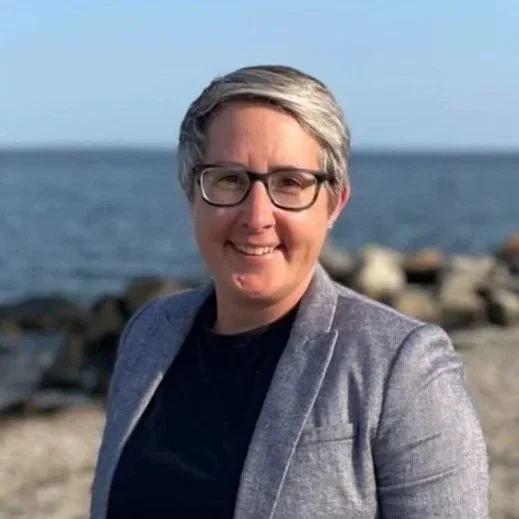
Anne Fischer
Chief Technologist, Intellectual Ventures (former DARPA DSO DD, chemistry++)
-

Andy Bamford
Director of UK NSSIF




